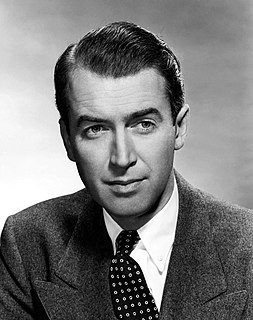A Quote by Warren Buffett
Bull markets and Bear markets can obscure mathematical laws, they cannot repeal them.
Quote Topics
Related Quotes
Markets are a social construction, they're made from institutions. We in a democratic society create markets, we constitute markets, we bring them into existence, and we shouldn't turn markets over to a narrow group of people who regulate them and run them in their interests, rather they should be run democratically for the common good.
There are markets extending from Mali, Indonesia, way outside the purview of any one government which operated under civil laws, so contracts weren't, except on trust. So they have this free market ideology the moment they have markets operating outside the purview of the states, as prior to that markets had really mainly existed as a side effect of military operations.
In contrast, markets - oft mythologized as "natural" are the most unnatural things going. Libertarians will tell you "market laws are laws of nature", what baloney. Markets - and the other great modernist cornucopian tools - are magnificent wealth generating machines, built ad-hoc, through trial and error, constantly fine-tuned and refined, tinkered, adjusted.
It never was my thinking that made the big money for me. It always was my sitting. Got that? My sitting tight! It is no trick at all to be right on the market. You always find lots of early bulls in bull markets and early bears in bear markets. I've known many men who were right at exactly the right time, and began buying or selling stocks when prices were at the very level which should show the greatest profit. And their experience invariably matched mine--that is, they made no real money out of it. Men who can both be right and sit tight are uncommon.
On the one hand, you have markets such as Singapore and Thailand, with an extremely strong inbound booker market and a well-developed tourism industry. You also have markets that are just opening up to tourists, like Myanmar, that have massive growth potential and then markets that are extremely fragmented within themselves such as Indonesia.
The ability to change one's mind is probably a key characteristic of the successful investor. Dogmatic and rigid personalities rarely, if ever, succeed in the markets. The markets are a dynamic process, and sustained investment success requires the ability to modify and even change strategies as markets evolve.
A free-enterprise economy depends only on markets, and according to the most advanced mathematical macroeconomic theory, markets depend only on moods: specifically, the mood of the men in the pinstripes, also known as the Boys on the Street. When the Boys are in a good mood, the market thrives; when they get scared or sullen, it is time for each one of us to look into the retail apple business.



































